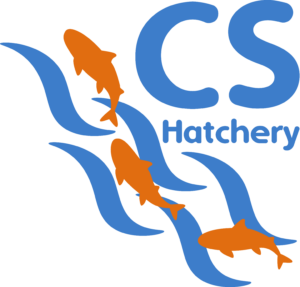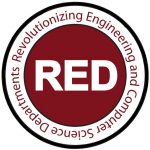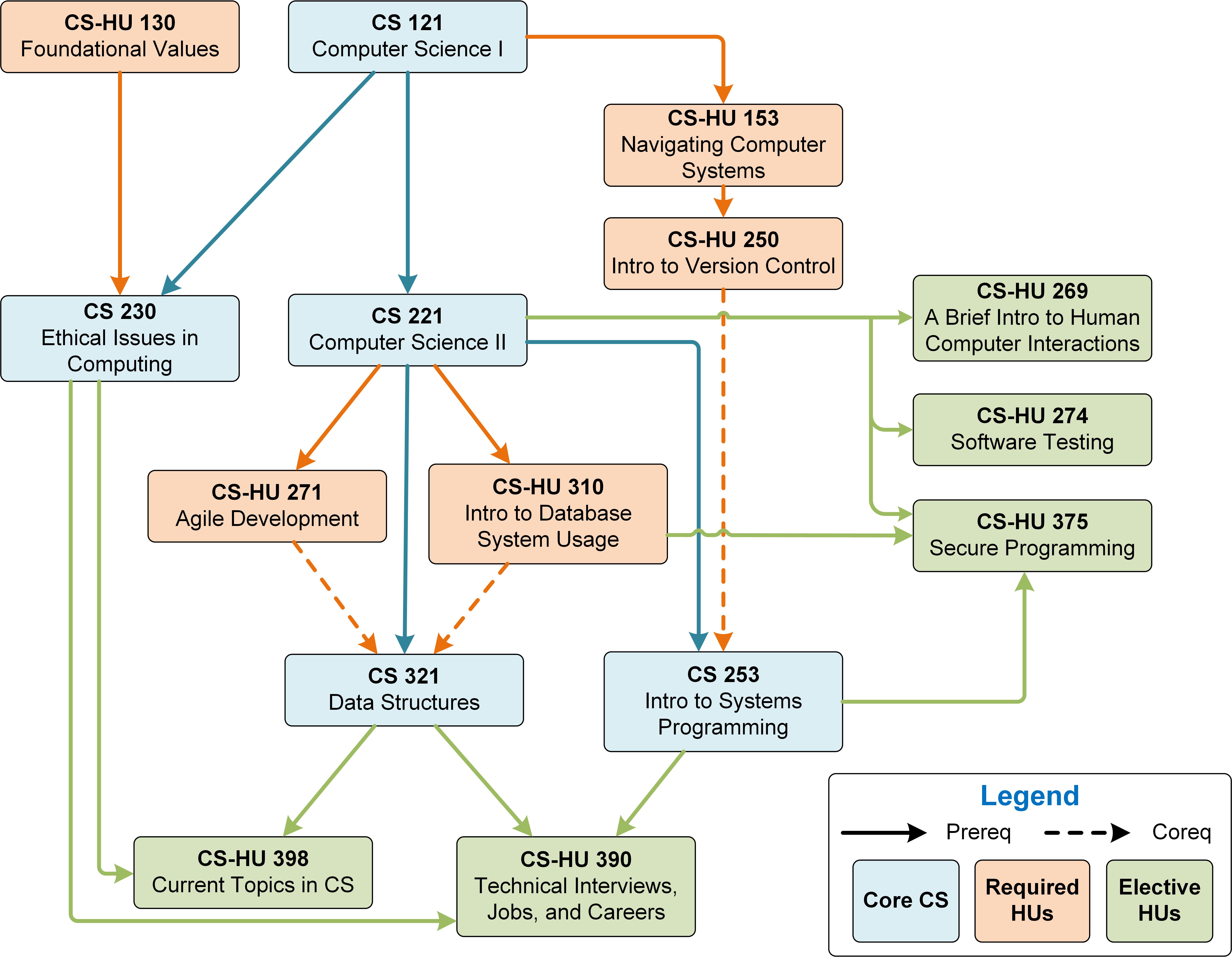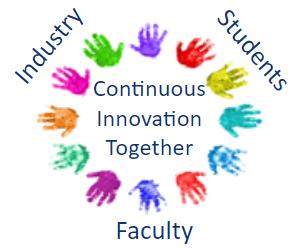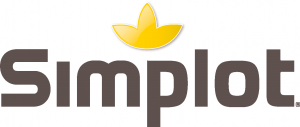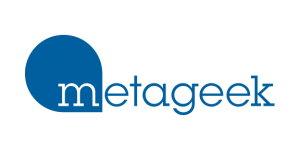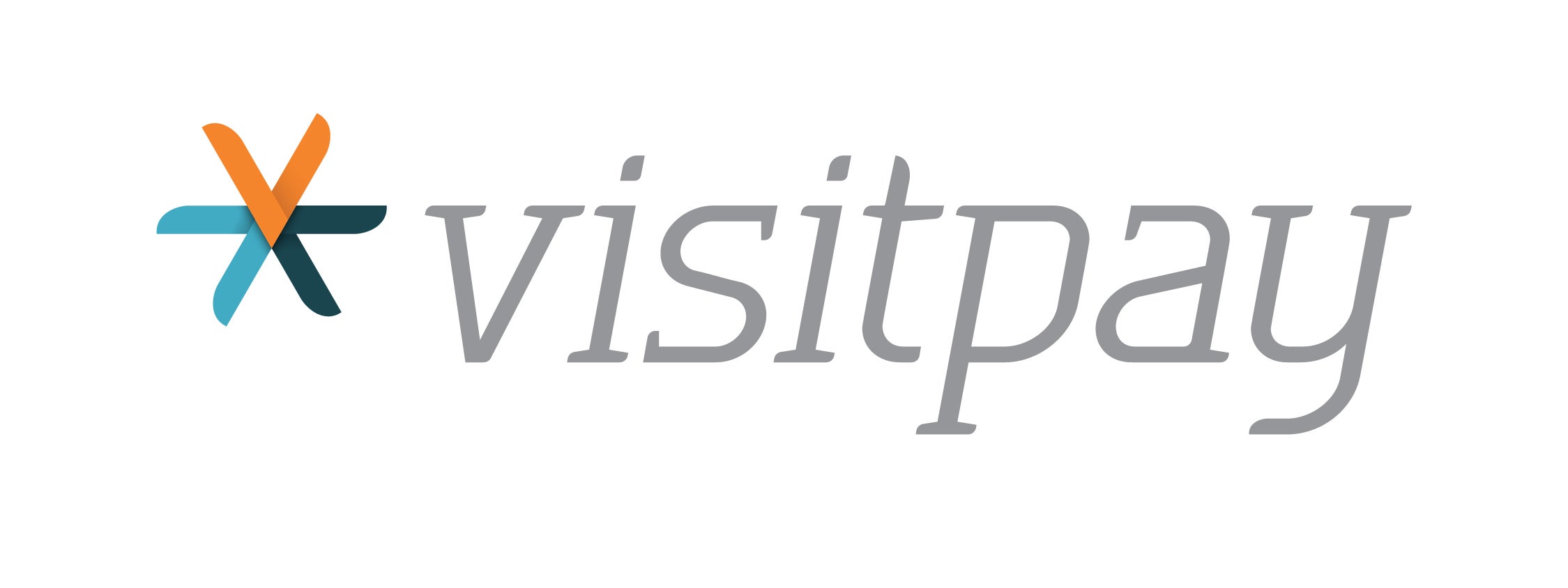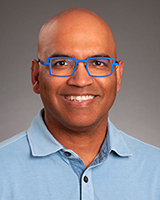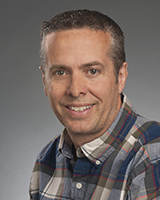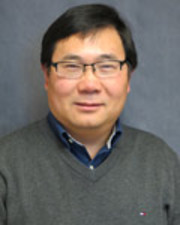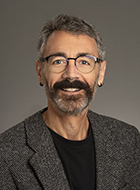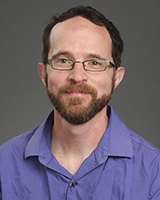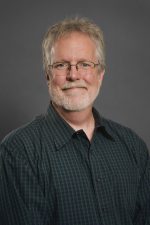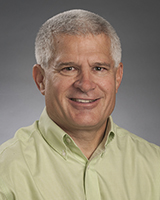Publications and Conferences
An important part of any research project is the participation in a broader community: gathering together in various forums to share information and best practices to increase each others effectiveness. This sharing takes many forms from internal project/faculty meetings, meetings with our industry partners, active participation in educational conferences, and publications.
Dissemination Strategies
Since the NSF award, grant members have disseminated information via poster fairs, panel discussions, presentations at educational conferences, and even a book.
This web site is a key location to share information with our project partners and others involved in “Revolutionizing Engineering and Computer Science Departments.”
Faculty buy-in is crucial, thus we have created an internal web site with additional content for faculty members.
Books
Title: Navigating Linux Systems Authors: Amit Jain, Luke Hindman, John Rickerd
Conferences
Project members have presented (prefixed with an “*“) or attended the following conferences:
2019 Conferences
Jan 8-11, 2019 in Maui, HI
Title: The Hatchery: An Agile and Effective Curricular Innovation for Transforming Undergraduate Education
- Tim Andersen, Boise State University
- Amit Jain, Boise State University
- Noah Salzman, Boise State University
- Don Winiecki, Boise State University
- Carl Siebert, Boise State University
Mini-track Presentation: The Hatchery: An Agile and Effective Curricular Innovation for Transforming Undergraduate Education
*2019 Research on Equity & Sustained Participation in Engineering, Computing, & Technology (RESPECT) (ASEE, IEEE & IEEE-CS)
February 27 – March 2, 2019 in Minneapolis, MN
Title: Teaching Professional Morality and Ethics to undergraduate CS students through Cognitive Apprenticeships & Case Studies: Experiences in CS-HU 130 ‘Foundational Values’
- Don Winiecki, EdD, PhD, Boise State University
- Noah Salzman, PhD, Boise State University
* 2019 Special Interest Group on Computer Science Education (ACM)
February 27 – March 2, 2019 in Minneapolis, Minnesota
Submitted special session proposal: SIGCSE Special Session on Revolutionizing the Culture of Computer Science
- Noah Salzman, Boise State University
- Amit Jain, Boise State University
- Venkat N. Gudivada, East Carolina University
- Mary Lou Maher, University of North Carolina, Charlotte
- Celine Latulipe, University of North Carolina, Charlotte
- Ann Q. Gates, University of Texas, El Paso
- Sarah Hug, University of Texas, El Paso
2019 PSA (Pacific Sociological Association)
March 28 – March 31, 2019 in Oakland CA
Title: Influencing Inclusion, Diversity, and Social Justice in Undergraduate Computer Science: Knowledge, Hegemonic Power, Performance, and Uncertainty of the Status of Membership Status
- Michelle Fretwell, Boise State University
- Erika Abbott, Boise State University
- Donald Winiecki, Boise State University
- Noah Salzman, Boise State University
2019 ASEE conference
June 16-19 in Tampa FL
Title: The Computer Science Professional’s Hatchery
- Don Winiecki, Boise State University
- Amit Jain, Boise State University
- Noah Salzman, Boise State University
2019 American Sociological Association (ASA)
August 10-13, 2019 in New York, NY
Paper submitted: Yes, There’s a Problem (But Not) Here: Some Facts of Disparate Participation in Undergraduate Computer Science
- Michelle Fretwell, Boise State University, Department of Sociology
- Erika Abbott, Boise State University, Department of Sociology
- Noah Salzman, Ph.D., Boise State University, Department of Electrical & Computer Engineering; IDoTeach
- Don Winiecki, Ed.D., Ph.D., Boise State University, Department of Organizational Performance & Workplace Learning; Department of Computer Science
* 2019 IEEE Frontiers in Education Conference (FIE) (ASEE, IEEE & IEEE-CS)
October 16-19, 2019 in Cincinnati OH
Title: Assessing Community in an Undergraduate Computer Science Program Using Social Network Analysis (Technical Session List)
Amit Jain, Boise State University
Don Winiecki, Boise State University
Nov 4 – 5, 2019 in Alexandria VA
Session Title: Using a highly portable rubric to guide dynamic analysis and proposing solutions to issues of inclusion, diversity and social-justice in STEM contexts
Don Winiecki, Boise State University
Noah Salzman, Boise State University
Hatchery Program Update Poster Presentation
2018 Conferences
2018 Special Interest Group on Computer Science Education (ACM)
February 21 – 24, 2018 in Baltimore, Maryland
Conference participation
February 21, 2018 in Baltimore, Maryland
Panel Paper: Revolutionizing the Culture of Computer Science
- Noah Salzman, Boise State University
- Don Winiecki, Boise State University
- Venkat N. Gudivada, East Carolina University
- Junhua Ding, East Carolina University
- Bojan Cukic, University of North Carolina, Charlotte
- Celine Latulipe, University of North Carolina, Charlotte
- Ann Q. Gates, University of Texas, El Paso
- Sarah Hug, University of Texas, El Paso
Panel Presentation: “Revolutionizing the Culture of Computer Science” representing 4 CS departments (Boise State University, East Carolina University, University of North Carolina Charlotte, and University of Texas El Paso).
April 13 – 17, 2018 in New York City, NY
Conference Presentations:
Identifying gender differences in undergraduate Computer Science students: Women aren’t so different
- Dr. Carl Siebert, Dept. of Curriculum Instruction and Foundational Studies
- Kathleen Mullen, Dept. of Curriculum Instruction and Foundational Studies
- Dr. Noah Salzman, Dept. of Electrical & Computer Engineering
Handout: Poster Handout Data
Poster: AERA: The Computer Science Professionals Hatchery
AERA: Overview Paper – Noah Salzman, Tim Andersen, Amit Jain, Don Winiecki, Dianxiang Xu, Carl Siebert
*2018 Collaborative Network for Engineering and Computing Diversity (CoNECD) (ASEE)
April 29 – May 1, 2018 in Crystal City, VA
Paper: The Computer Science Professionals’ Hatchery at Boise State University: Incorporating Inclusion, Diversity and Social Justice into the Computer Science Curriculum
- Don Winiecki, Ed.D., Ph.D., Boise State University
- Noah Salzman, Ph.D., Boise State University
- Timothy Andersen, Ph.D., Boise State University
- Amit Jain, Ph.D., Boise State University
- Dianxiang Xu, Ph.D., Boise State University
Presentation: Incorporating Inclusion, Diversity & Social Justice into the Computer Science Curriculum
*2018 ASEE Annual Conference
June 24 – 27, 2018 in Salt Lake City, Utah
BSU Presentation Material: Computer Science Professionals Hatchery
Session locator
*2018 Revolutionizing Engineering and Computer Science Departments – PI Meeting (ASEE)
July 10 – 11, 2018 in Alexandria Virginia
Presentation materials:
May 9, 2018 in Capital Hill DC
Poster: Nurturing the Next Generation of Computer Science Professionals
- Amit Jain, Boise State University
24th Annual CNSF Capitol Hill Exhibition
- Boise State University was chosen by the National Science Foundation to select one NSF grant award to be highlighted on Capital Hill. The
- The Coalition for National Science Funding (CNSF) is an alliance of over 140 organizations united by a concern for the future vitality of the national science, mathematics, and engineering enterprise. CNSF supports the goal of increasing the national investment in the National Science Foundation’s research and education programs in response to the unprecedented scientific, technological, and economic opportunities facing the United States.
2017 Conferences:
*2017 Annual Conference and Exposition (ASEE)
June 25-28, 2017 in Columbus Ohio
Title: T514B · Revolutionizing Engineering Departments (RED)
Paper: Talking about a Revolution: Overview of NSF RED Projects
- Dr. Susan M. Lord, University of San Diego
- Dr. Edward J. Berger, Purdue University
- Dr. Nadia N. Kellam, Arizona State University
- Dr. Ella Lee Ingram, Rose-Hulman Institute of Technology
- Dr. Donna M. Riley, Virginia Polytechnic Institute
- Dr. Diane T. Rover, Iowa State University
- Dr. Noah Salzman, Boise State University
- Prof. James D. Sweeney, Oregon State University
BSU Presentation: BSU CS Professionals Hatchery project – Noah
*2017 Revolutionizing Engineering and Computer Science Departments – PI Meeting
July 10 – 11, 2017 in Arlington Virginia
Poster: Nurturing the Next Generation of Computer Science Professionals
*2017 IEEE Frontiers in Education Conference (FIE) (ASEE, IEEE & IEEE-CS)
October 18 – 21, 2017 in Indianapolis, Indiana
Panel: Influencing Culture and Curriculum Via Revolution
- Kelly Cross, Bio-engineering, University of Illinois
- Marina Miletic, Miletic Consulting/Chemical Engineering, University of New Mexico
- Tiago Forin, Civil and Environmental Engineering, Rowan University
- Mani Mina, Electrical and Computer Engineering, Iowa State University
- Amit Jain, Computer Science, Boise State University
- Elsa Villa, Computer Science, University of Texas El Paso
- Lisa McNair, Engineering Education, Virginia Polytechnic Institute and State University
- Ella L. Ingram, Center for the Practice and Scholarship of Education, Rose-Hulman Institute of Technology
BSU Presentation: FIE project summary conference packet slide and FIE panel speaker slides
